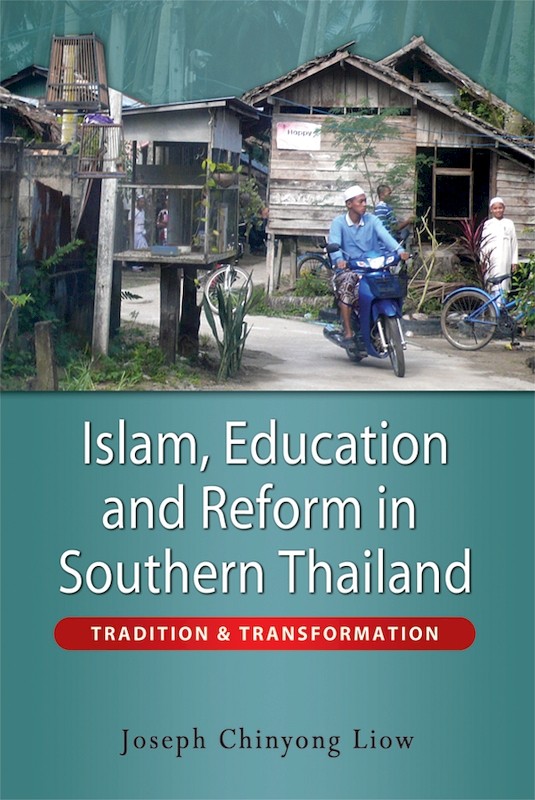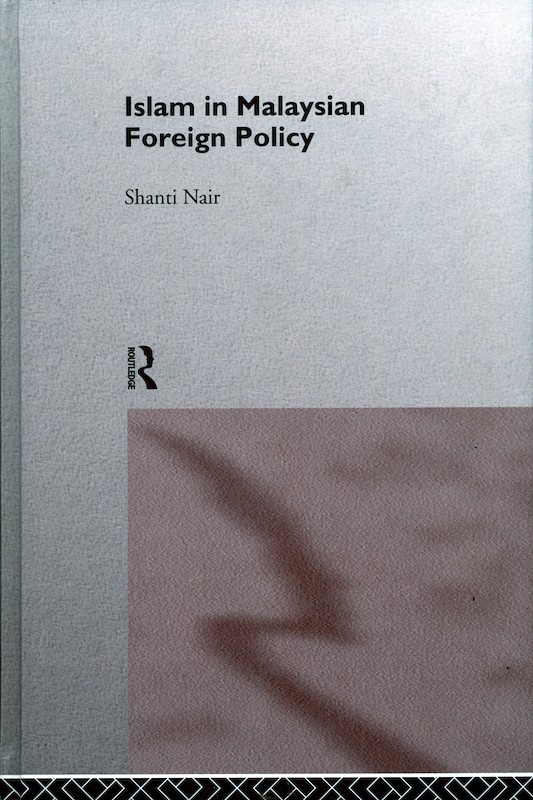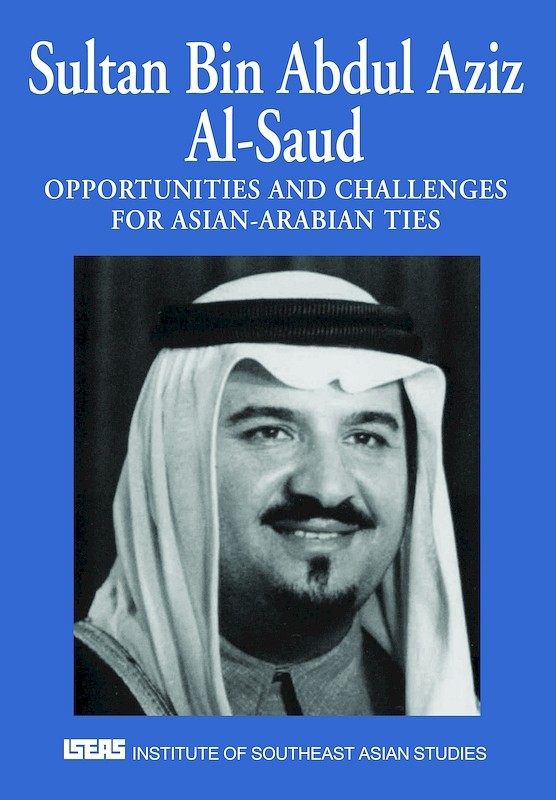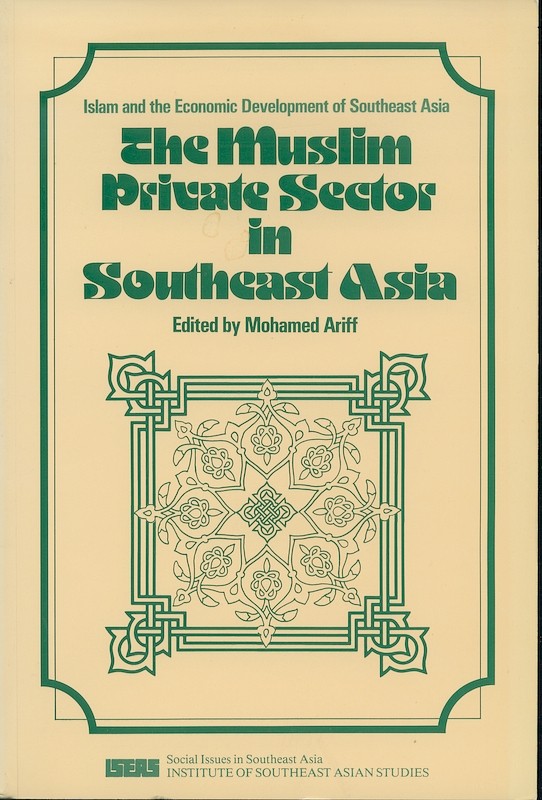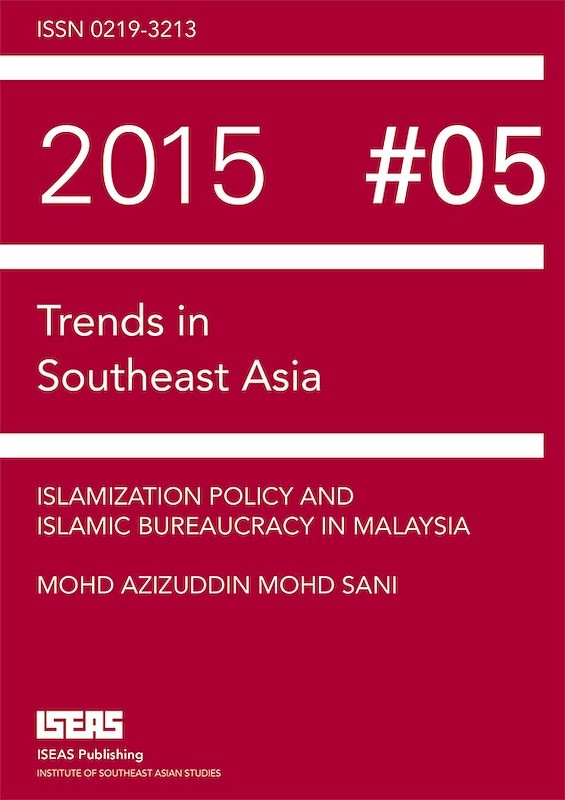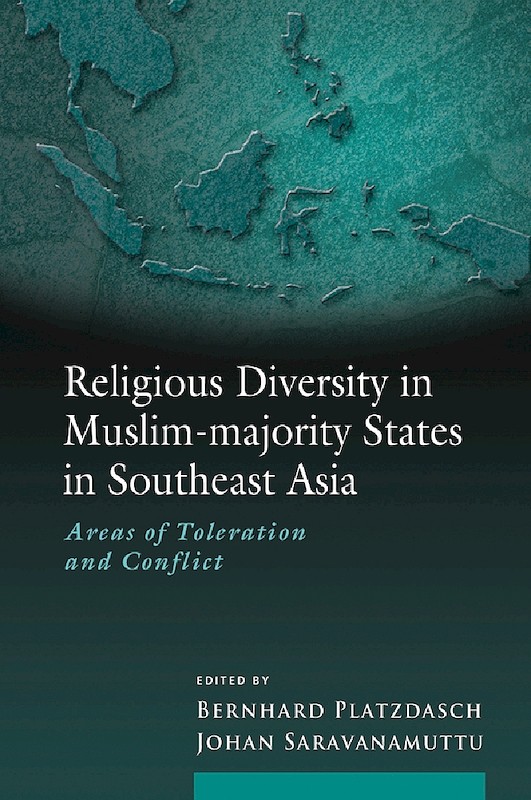Hamka and Islam: Cosmopolitan Reform in the Malay World
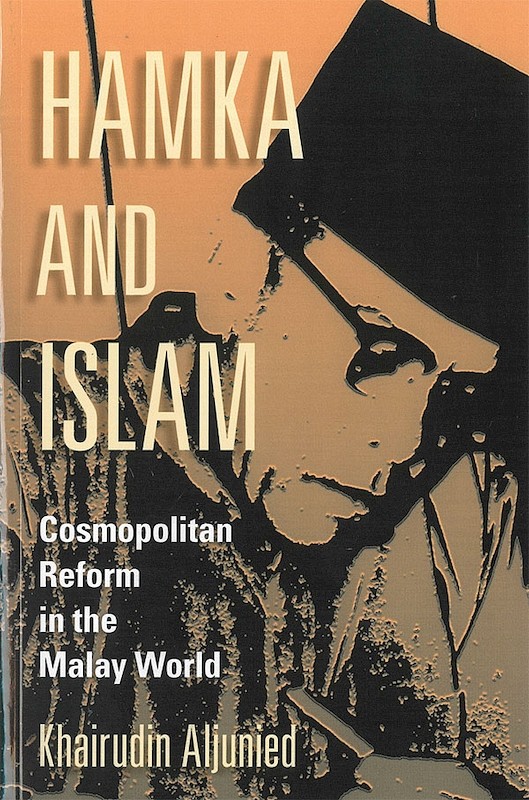
Khairudin Aljunied, author
Date of publication:
2018
Publisher:
Cornell Southeast Asia Program / ISEAS – Yusof Ishak Institute
Number of pages:
139
Code:
BM567
Soft Cover
ISBN: 9789814818841
Reviews
Alexander Wain, JMBRAS, June 2019.
"In the English language ... Hamka forms the subject of only a handful of articles and one full-length treatment.
While this unfortunate situation is no doubt symptomatic of Southeast Asia's general neglect within the border field of Islamic Studies, it entails that the current volume by Khairudin Aljunied constitutes a more than welcome addition to the literature. With his admiration for Hamka suffusing each page, Aljunied sketches his subjects' 'conceptualization and theorization of social problems in Muslim societies as well as the solutions he offered for dealing with these challenges' (p.4), all the while underlining how Hamka's 'method of reconstructing Muslim minds was unique.'
For readers unfamiliar with Hamka, Aljunied provides a comprehensive and eaily accessible English-language introduction. By elegantly summarizing Hamka's key ideas, Aljunied succeeds in crafting a valuable resource that both informs and enlightens."
About the publication
Since the early twentieth century, Muslim reformers have been campaigning for a total transformation of the ways in which Islam is imagined in the Malay world. One of the most influential is the author Haji Abdul Malik bin Abdul Karim Amrullah, commonly known as Hamka.
In Hamka and Islam, Khairudin Aljunied employs the term “cosmopolitan reform” to describe Hamka’s attempt to harmonize the many streams of Islamic and Western thought while posing solutions to the various challenges facing Muslims. Among the major themes Aljunied explores are reason and revelation, moderation and extremism, social justice, the state of women in society, and Sufism in the modern age, as well as the importance of history in reforming the minds of modern Muslims. Aljunied argues that Hamka demonstrated intellectual openness and inclusiveness toward a whole range of thoughts and philosophies to develop his own vocabulary of reform, attesting to Hamka’s unique ability to function as a conduit for competing Islamic and secular groups.
Co-publication: Cornell Southeast Asia Program / ISEAS – Yusof Ishak Institute
ISEAS edition is for distribution in Southeast Asia.

